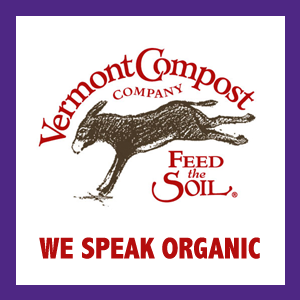When customers complain, it can feel like a blow to the gut. You’ve put your heart and soul into growing and delivering your crops, and after that kind of effort, rejection really hurts.
But complaints result from one of two things: either you’ve got a problem with your product, or you’ve got a problem with your customers.
If customers complain about the quality of the product they get from you, you need to determine why they’ve gotten low quality produce from you. Did you pack rotten vegetables in their boxes? Do you lack the cooling capacity or procedures to get product cold fast, reducing respiration and increasing shelf life? Do you understand the commercial requirements for the product you are selling? Do you need to up your disease-control and insect-control game, or make changes to your soil management practices? Do you have what you need to maintain the cold chain – or at least a semblance of a cold chain – from the time your product leaves the farm to the time the customer takes control of it?
Or does the problem lie on their end? Did your farmers market customer leave their salad mix in a hot car for hours before it found its way to their refrigerator? Does your wholesale buyer adequately manage their stock rotation? At Rock Spring Farm, I offered a no-questions-asked refund or replacement the first time a customer complained about quality issues; but if customer-specific quality issues arose again, I turned into a detective to figure out the source of the problem.
If customers complain about prices, either you aren’t providing the value they expect, or you’ve got the wrong customers. Value – what a bundle of goods and services is worth to a customer – has little or no relationship to your particular cost of production; it’s a function of customer perception. You need customers who value local, organic, family-farmed vegetables (if that’s what you’re offering), and you need to provide them with a quantity and quality that matches what they expect. No small feat!
But complaints result from one of two things: either you’ve got a problem with your product, or you’ve got a problem with your customers.
If customers complain about the quality of the product they get from you, you need to determine why they’ve gotten low quality produce from you. Did you pack rotten vegetables in their boxes? Do you lack the cooling capacity or procedures to get product cold fast, reducing respiration and increasing shelf life? Do you understand the commercial requirements for the product you are selling? Do you need to up your disease-control and insect-control game, or make changes to your soil management practices? Do you have what you need to maintain the cold chain – or at least a semblance of a cold chain – from the time your product leaves the farm to the time the customer takes control of it?
Or does the problem lie on their end? Did your farmers market customer leave their salad mix in a hot car for hours before it found its way to their refrigerator? Does your wholesale buyer adequately manage their stock rotation? At Rock Spring Farm, I offered a no-questions-asked refund or replacement the first time a customer complained about quality issues; but if customer-specific quality issues arose again, I turned into a detective to figure out the source of the problem.
If customers complain about prices, either you aren’t providing the value they expect, or you’ve got the wrong customers. Value – what a bundle of goods and services is worth to a customer – has little or no relationship to your particular cost of production; it’s a function of customer perception. You need customers who value local, organic, family-farmed vegetables (if that’s what you’re offering), and you need to provide them with a quantity and quality that matches what they expect. No small feat!




 RSS Feed
RSS Feed
